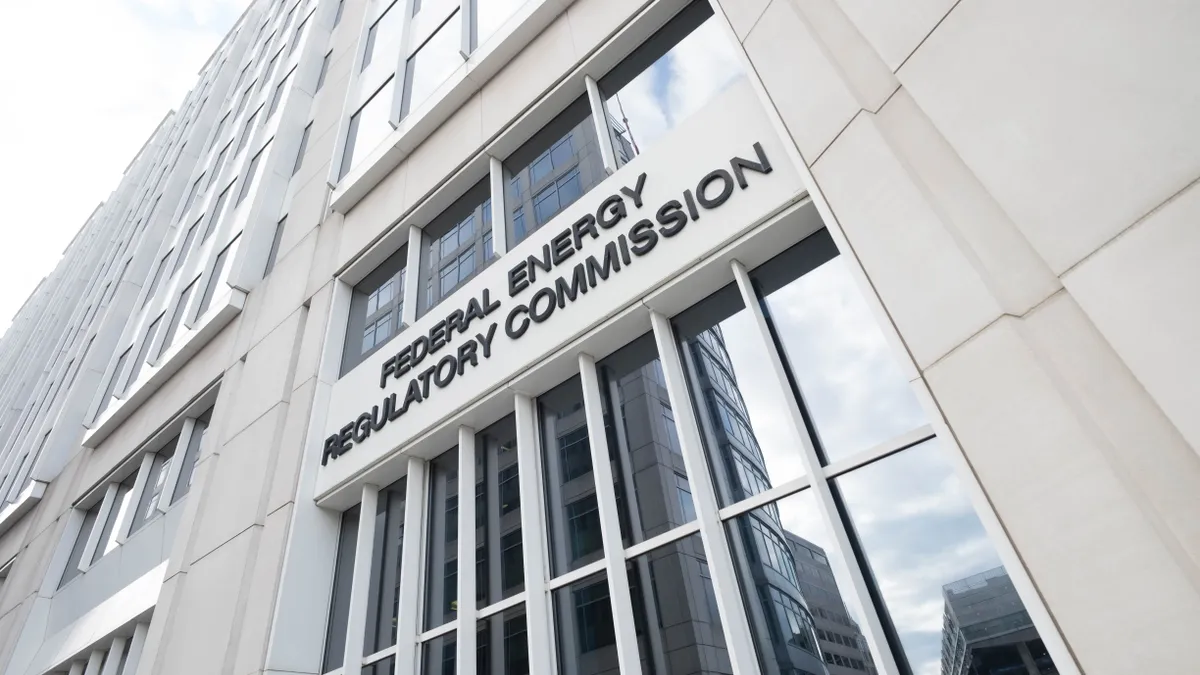Dive Brief:
-
The Federal Energy Regulatory Committee (FERC) last week denied proposed revisions to Southern California Edison's (SCE) wholesale distribution access tariff (WDAT) that would have treated customers with energy storage devices differently from those without them.
-
During times of peak demand, SCE sought authority to curtail electricity service to customers with energy storage devices before it did so with other retail customers. FERC said that would be "unduly discriminatory" and violate Section 205 of the Federal Power Act (FPA).
- FERC wrote that SCE did not study alternatives or give wholesale and retail customers the chance to upgrade their systems in order to gain charging access. FERC also approved other changes to SCE’s WDAT not related to storage.
Dive Insight:
FERC’s decision in the SCE docket could help set a precedent for how utilities can treat the increasing number of customers who install energy storage at their homes and businesses.
In its original March filing, SCE says the changes are intended "to better accommodate the interconnection of energy storage resources" and ensure grid reliability.
Many of SCE’s distribution circuits are "extremely limited available capacity," the utility argued, and "treating energy storage device charging similar to retail and wholesale load would require SCE to study and potentially recommend extensive distribution upgrades."
Storage customers are responsible for the costs of grid upgrades, just like "any other generator," the utility said, and curtailing utility service to those customers first could defer the need for grid upgrades and reduce stress on the grid.
That argument did not pass muster with FERC, however, which ruled Aug. 23 that the proposed changes would discriminate against energy storage customers.
"SoCal Edison has failed to demonstrate why it is just and reasonable and not unduly discriminatory or preferential to curtail one class of interconnection customer’s load (in this case, an energy storage device’s Charging Demand) without providing an opportunity to have the energy storage device’s load studied and to pay for the system upgrades needed to allow its load to have the same curtailment priority as other wholesale loads," FERC wrote.
Just because SCE doesn't have a process to compare loads in a different manner, regulators wrote, doesn't mean the utility can justify treating the customers differently.
"[SCE’s] primary basis for treating the interconnection customers at issue here differently is because it currently has no process for treating them the same, an explanation that does not satisfy the mandate of the FPA that an applicant support its proposed rate change as just and reasonable and not unduly discriminatory or preferential," FERC wrote.
The Commission encouraged SCE to continue to developing processes to study charging demands on energy storage in a way that doesn't discriminate compared to other wholesale loads. The utility has 30 days to file a response.













